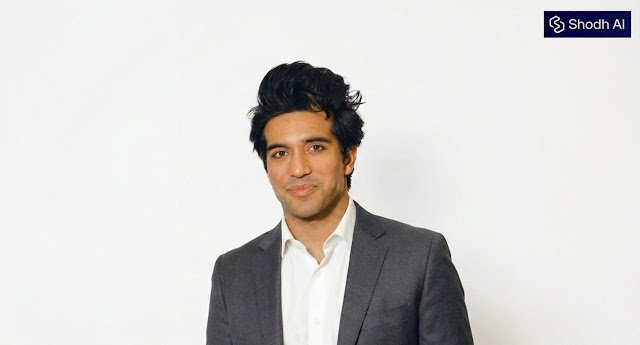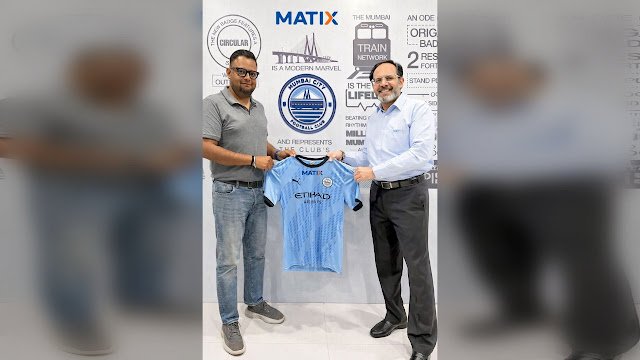
Ankura Hospital Doctors in Hyderabad Achieve India’s First Landmark Endoscopic Surgery for Spina Bifida
In Spina Bifida, the spinal cord and spinal column do
not form completely, which affects the nerve supply in the lower part of the
body, affecting the bowel, bladder, and muscle strength of the lower limbs. As
in most cases, the girl’s condition was detected at birth, but despite surgical
correction, she was wheelchair bound with no sensation in the lower half of the
body, disabling her from controlling her bowel. This resulted in abdominal
distention, constipation, and leakage of stool.
A journalist, she had made herself independent in all
aspects despite her disability, except the bowel movements; for this one
aspect, she had been dependent on her parents for the last 32 years. Her
parents used to give her an enema daily to empty her bowel. The family sought a
solution for this problem all over India, including Mumbai, where MACE (Malone
Antegrade Continence Enema), procedure was performed by a well-known centre,
but there were only failed attempts.
On their visit to Ankura Hospital for Women and
Children in Hyderabad, a possible novel endoscopic solution was discussed with
the parents. The doctors suggested placement of a gastrostomy (PEG) tube
colonoscopically (non-surgical), extending from the first part of the large
intestine (cecum) to the outside of her abdomen. The purpose of this tube was
to help her pass stools independently in a sitting position with antegrade
continence enema without needing external assistance. With parents and the
girl’s consent, Dr Parijat Ram Tripathi, Pediatric Gastroenterologist and
Hepatologist, performed the procedure, which was successful and transformed the
girl’s life. It is noteworthy that this is the first time in India that such a
procedure has been performed.
It involved no cuts, no stitches, and no other organ
damage, and the girl was discharged within 48 hours of admission without the
need for painkillers or any other medication. What brought relief and joy to
the family was that she was able to clear her bowel independently just the next
day onwards. After one month of the procedure, the tube extending on her
abdomen was replaced with a small Mic-key button.
Since the last six months, when the procedure was
done, she has been healthy and happy, with no more stool leakage and
dependency. Alongside, it is the first time in the last 32 years that her
parents have been able to travel for leisure.
“The procedure was technically challenging due to the
multiple surgeries that she previously had, but I am elated we achieved this
breakthrough. The success of this minimally invasive procedure is truly revolutionary,
and it can be helpful for the many children and adults who suffer from bowel
disabilities due to neurological conditions,” says Dr Parijat.



